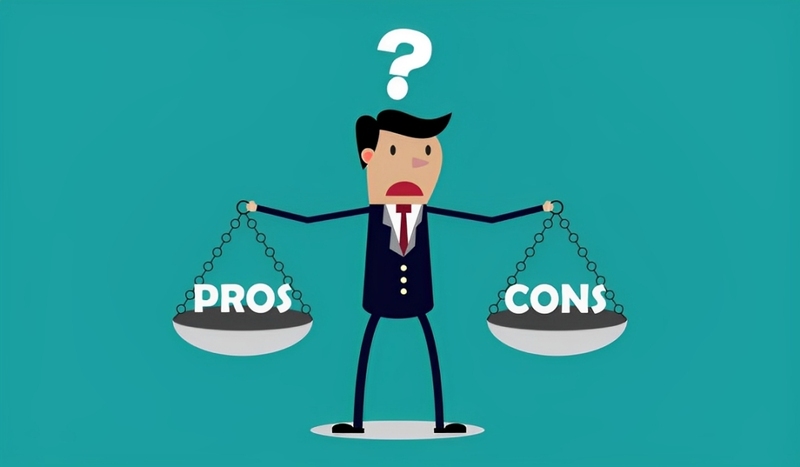But before you dive in, it’s important to understand how debt consolidation loans work and whether they’re the right choice for your situation.
What Is a Debt Consolidation Loans?

A debt consolidation loan is a type of refinancing that allows you to combine multiple debts—like credit card balances, medical bills, or personal loans—into a single loan. Instead of juggling several payments with varying interest rates, you’ll have just one monthly payment, often at a lower interest rate. This can make it easier to manage your finances and pay off your debt faster.
For example, if you have multiple credit cards with high interest rates, you can take out a debt consolidation loan to pay off all those balances. You’ll then focus on repaying the loan, which typically has a fixed interest rate and a set repayment period.
How Does a Debt Consolidation Loans Work?
When you apply for a debt consolidation loan, the lender will review your credit score, income, and other financial details to determine your eligibility and interest rate. If approved, you’ll receive a lump sum of money to pay off your existing debts. From there, you’ll make monthly payments on the new loan until it’s fully repaid.
One of the biggest advantages of a debt consolidation loan is the potential to save money on interest. Credit card interest rates can range from 15% to 30% or more, while debt consolidation loans often have lower rates, especially if you have good credit. This means more of your payment goes toward reducing the principal balance rather than paying interest.
However, it’s important to note that debt consolidation loans come with fixed repayment terms. Unlike credit cards, where you can make minimum payments, a loan requires consistent monthly payments over a set period. This can mean higher monthly payments compared to your previous minimums, but it also ensures you’ll pay off your debt faster.
Pros and Cons of Debt Consolidation Loans

Like any financial tool, debt consolidation loans have their benefits and drawbacks. Here’s a breakdown to help you decide if it’s the right move for you:
Advantages
- Simplified Payments: Instead of keeping track of multiple due dates and amounts, you’ll have just one monthly payment to manage.
- Lower Interest Rates: If you qualify for a lower interest rate than what you’re currently paying, you could save money over time.
- Fixed Repayment Plan: A set repayment schedule helps you stay on track and ensures your debt will be paid off by a specific date.
- Improved Credit Score: Making consistent, on-time payments can boost your credit score over time.
Disadvantages
- Higher Monthly Payments: While the interest rate may be lower, your monthly payment could be higher than what you’re used to paying on credit cards.
- Risk of Accumulating More Debt: If you continue using your credit cards after consolidating, you could end up in even deeper debt.
- Fees and Costs: Some loans come with origination fees or other charges, so be sure to read the fine print.
- Credit Score Impact: Applying for a new loan can temporarily lower your credit score, and missing payments can cause further damage.
Types of Debt Consolidation Loans
Not all debt consolidation loans are the same. Here are some common options to consider:
- Unsecured Personal Loans: These loans don’t require collateral, making them a lower-risk option. However, they often come with higher interest rates, especially if your credit score isn’t great.
- Secured Loans: These loans are backed by collateral, such as your home or car. They typically offer lower interest rates but come with the risk of losing your asset if you can’t make payments.
- Home Equity Loans or HELOCs: If you own a home, you can borrow against its equity to consolidate debt. These loans usually have low interest rates but put your home at risk if you default.
- Balance Transfer Credit Cards: If you have good credit, you might qualify for a card with a 0% introductory APR. This allows you to transfer your balances and avoid interest for a set period, but watch out for balance transfer fees and high rates after the promo ends.
- 401(k) Loans: Borrowing from your retirement savings can be risky, as it reduces your future nest egg and comes with penalties if you can’t repay it on time.
How to Get a Debt Consolidation Loan
If you’re considering a debt consolidation loan, follow these steps to make an informed decision:
- List Your Debts: Write down all the debts you want to consolidate, including the balances, interest rates, and monthly payments.
- Check Your Credit Score: Your credit score will play a big role in the interest rate you qualify for. If your score is low, consider improving it before applying.
- Shop Around: Compare offers from banks, credit unions, and online lenders to find the best interest rate and terms.
- Calculate the Costs: Make sure the new loan’s monthly payment and interest rate are lower than what you’re currently paying.
- Read the Fine Print: Look for hidden fees, prepayment penalties, or other terms that could affect the overall cost of the loan.
Alternatives to Debt Consolidation Loans
If a debt consolidation loan doesn’t seem like the right fit, there are other options to consider:
- Debt Management Plans: Nonprofit credit counseling agencies can help you create a plan to pay off your debt, often with reduced interest rates.
- Debt Settlement: This involves negotiating with creditors to pay less than what you owe. It can hurt your credit score but may be an option if you’re struggling to make payments.
- Bankruptcy: While it should be a last resort, bankruptcy can provide relief if you’re drowning in debt and have no other options.
Is a Debt Consolidation Loan Right for You?
Debt consolidation loans can be a powerful tool for simplifying your finances and saving money on interest, but they’re not a one-size-fits-all solution. Before applying, take a close look at your spending habits and financial situation. If you’re confident you can stick to a repayment plan and avoid accumulating new debt, a consolidation loan could help you regain control of your finances.
Remember, the goal isn’t just to eliminate debt—it’s to build healthier financial habits for the future. By addressing the root causes of your debt and making a plan to stay on track, you can achieve long-term financial stability.
